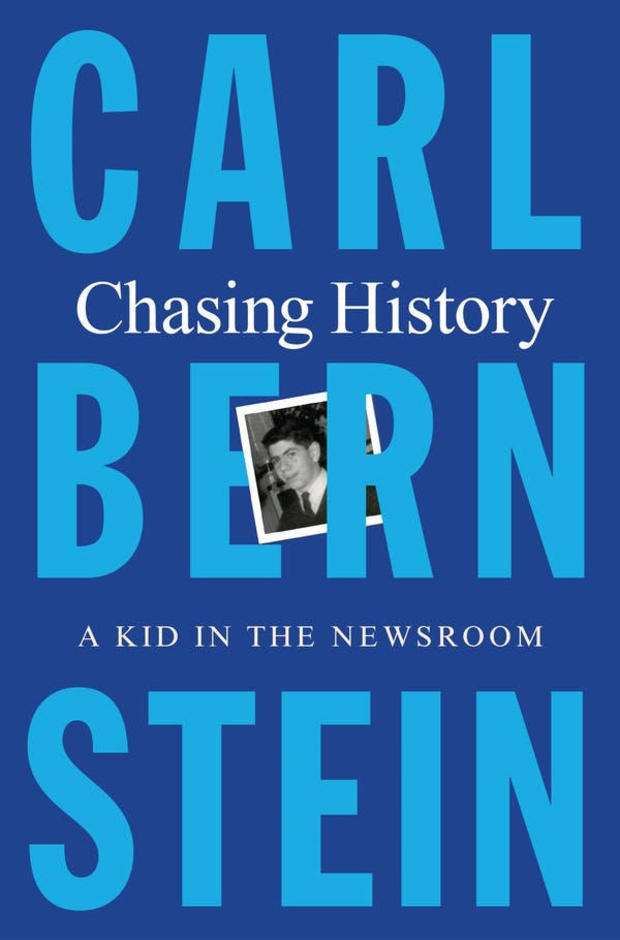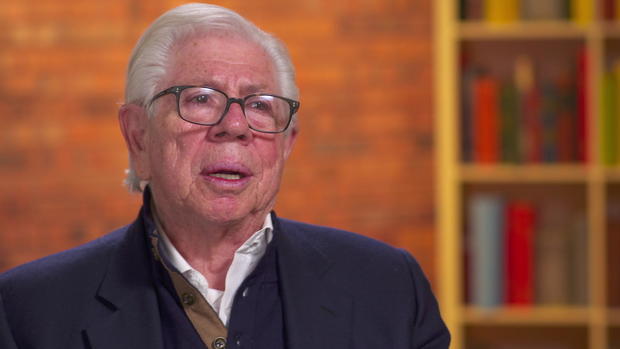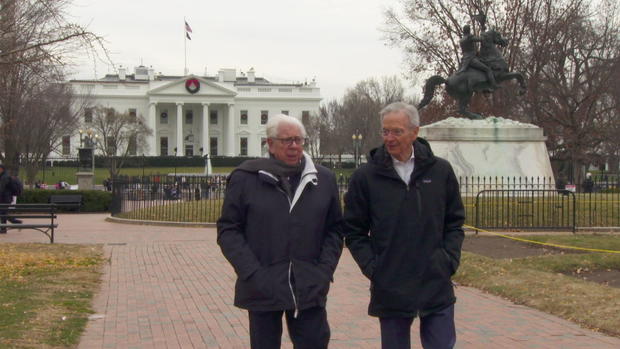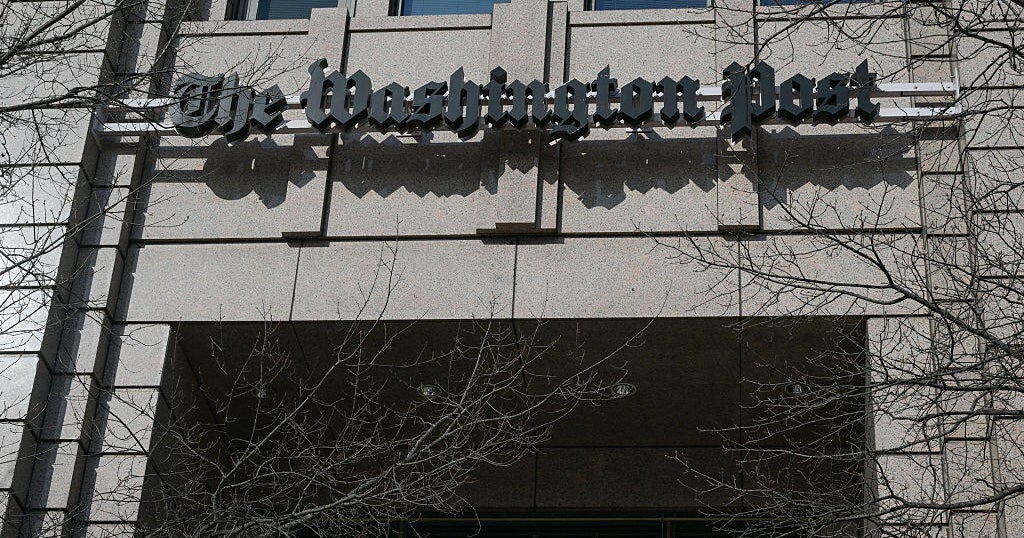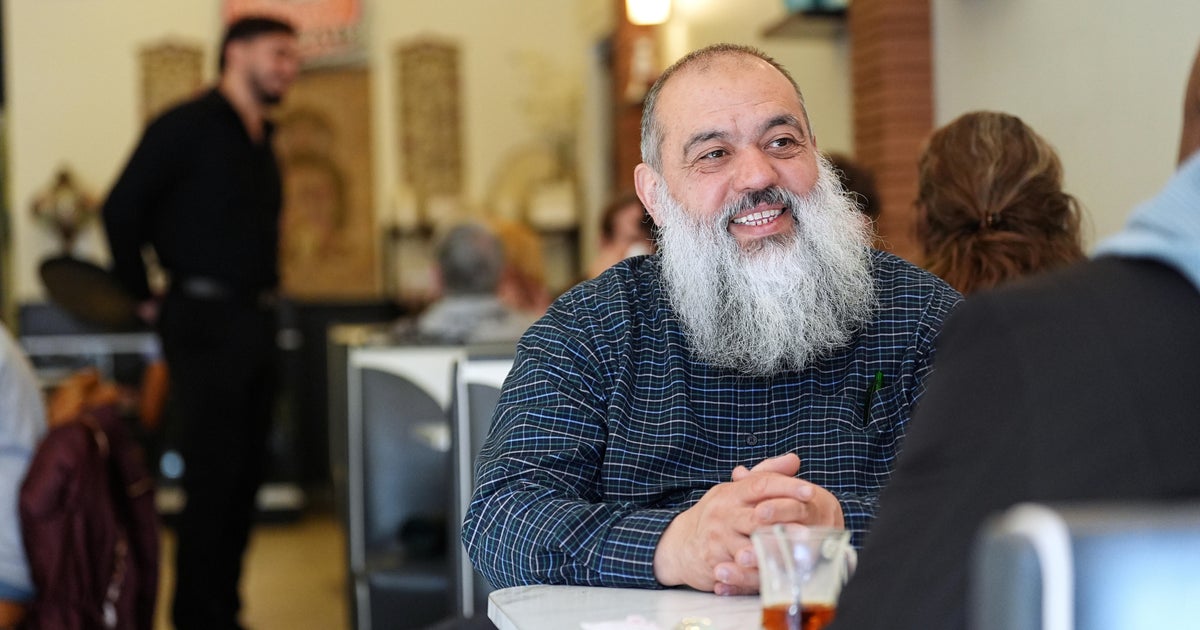Carl Bernstein on chasing history
"I always had it in my head that all good reporting was the same thing: the best obtainable version of the truth," said investigative journalist Carl Bernstein.
You know him as half of the most famous byline in journalism: Woodward and Bernstein, the Washington Post reporters who uncovered the Watergate scandal.
CBS News national security correspondent David Martin asked Bernstein, "How old were you when you were assigned to cover the Watergate break-in?"
"I was 28."
Young, but not green. Bernstein had been a newsman since he was a teenager.
"The formative part of my being a reporter occurred from ages 16 to 21 at a great old-fashioned newspaper, The Washington Star – not the Post," he said.
"You should have been in high school," said Martin.
"I just finished my junior year of high school," said Bernstein. "I had sort of one foot in the juvenile court and one foot trying to figure out what I was going to do with my life, because it wasn't exactly going right."
His new book, "Chasing History: A Kid in the Newsroom" (Henry Holt and Co.) is the prequel to Woodward and Bernstein's classic work, "All the President's Men." It begins with the moment he first set foot inside a newsroom.
Bernstein said, "It was maybe the most exciting moment of my life – this energy and, like, they were on the most urgent errands in the nation, and typing away on deadline."
He had one marketable skill: "I had taken typing with the girls in tenth grade, and I could type about 90 words a minute."
He was hired as a copy boy, at $29 a week.
The Washington Star has since gone the way of most afternoon papers and ceased to publish. Martin said, "You have to be a certain age to remember the Washington Star."
"You sure do!" Bernstein laughed.
And how would he describe the Star? "It was probably the best afternoon newspaper in the country."
At the Star, Bernstein was surrounded by Pulitzer Prize-winning reporters – men and women. When asked about his role models, Bernstein offered Sid Epstein: "I owe him a lot. He somehow saw things in me, maybe that I didn't see in myself. And he was a great, great editor."
Years later, at the Washington Post, Bernstein worked for another great editor, the brash and dashing Ben Bradlee, who gave Bernstein his biggest break, by keeping a lowly local news reporter on the biggest political scandal in American history.
But it was Epstein who gave Bernstein his first break, in 1961: "He looked at me and he said, 'You go cover the inauguration.'"
That was the snowbound inauguration of John F. Kennedy. Bernstein covered crowd reaction as the new president and his glamorous wife rolled by.
Then came the assassination in Dallas. Bernstein got the terrible news from another reporter.
"She looked at me and said, 'He's dead,'" Bernstein recalled, crying. "And … wow. It's amazing, some moments in your life."
He took dictation as the grim facts were phoned in from Dallas: "Two priests walked out of Dallas Memorial Parkland Hospital at 1:10 p.m. today and announced – comma, quote – 'The President is dead.' And my hands were shaking."
Still a teenager (and living like one), Bernstein started to land stories on the front page. But his college transcript was littered with Ds and Fs. "Look at the job I had," he said. "Who the hell wanted to go to class?"
"Did you flunk out?" Martin asked.
"Oh, yeah. I flunked out."
Without a college degree, the Star would not promote him. So, he wrangled a job interview with an editor at The Washington Post: "He said, 'Why do you think you can really do this?' And I said, 'Because I had the best education you can have for this business, at the Washington Star.'"
In 1972, the street-smart Bernstein teamed up with the Ivy League Woodward on what started as a third-rate burglary, and ended with the resignation of a president.
The kid who had chased history ended up making it.
Bernstein said. "What we're talking about are really hinges of American history, and I was lucky enough – here's this kid, he's 16 years old, he gets the greatest seat in the country!"
READ AN EXCERPT: "Chasing History: A Kid in the Newsroom" by Carl Bernstein
For more info:
- "Chasing History: A Kid in the Newsroom" by Carl Bernstein (Henry Holt & Co.), in Hardcover, eBook and Audio formats, available January 11 via Amazon and Indiebound
- carlbernstein.com
Story produced by Mary Walsh. Editor: Joseph Frandino.
See also:
- From 2014: "All the President's Men" at 40 ("Sunday Morning")
